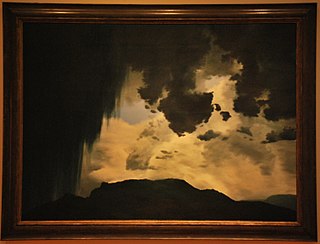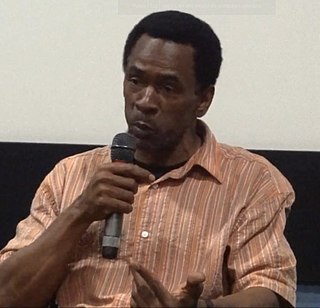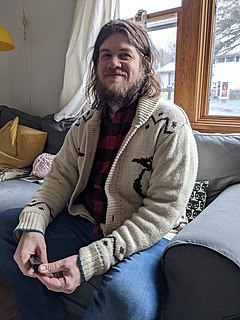A Quote by Oscar Wilde
As for the virtuous poor, one can pity them of course, but one cannot possibly admire them.
Related Quotes
When men are about to commit, or sanction the commission of some injustice, it is not uncommon for them to express pity for the object either of that or some parallel proceeding, and to feel themselves, at the time, quite virtuous and moral, and immensely superior to those who express no pity at all. This is a kind of upholding of faith above works, and is very comfortable.
I want men to admire me, but that's a trick you learn at school--a movement of the eyes, a tone of voice, a touch of the hand on the shoulder or the head. If they think you admire them, they will admire you because of your good taste, and when they admire you, you have an illusion for a moment that there's something to admire.
I have always argued that we can't live by or be made to exist outside of mythology, and that every group and nation has, possibly unacknowledged to themselves, some myths by which they live. It remains important to revisit them, understand them and possibly retell them - or at least own up to them - and then it becomes possible to move something. If it's obscure or invisible to you, you can't budge those understandings.






































